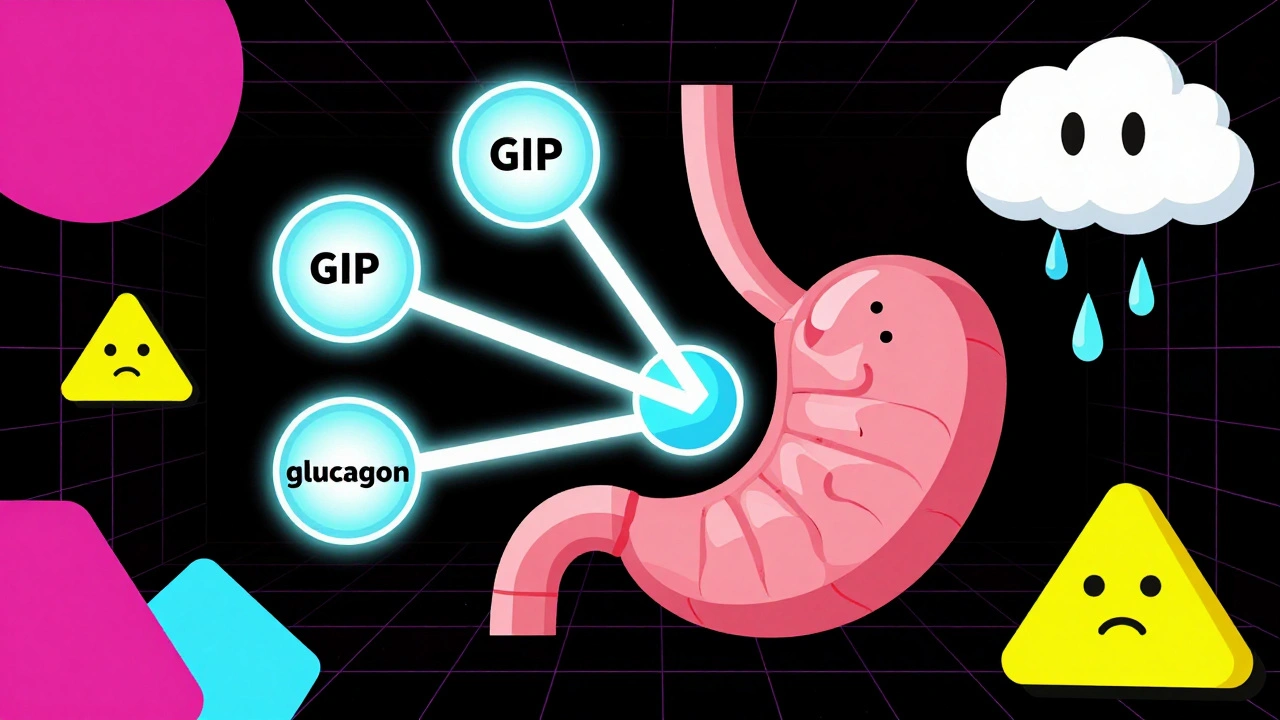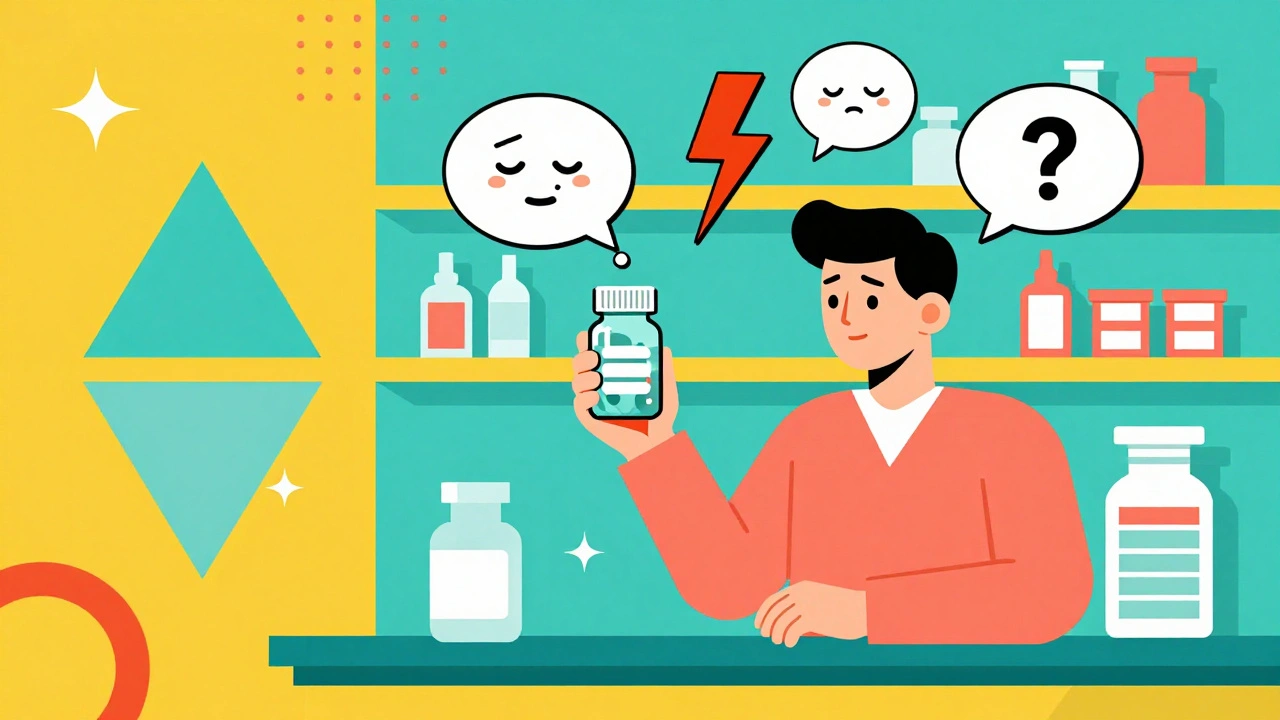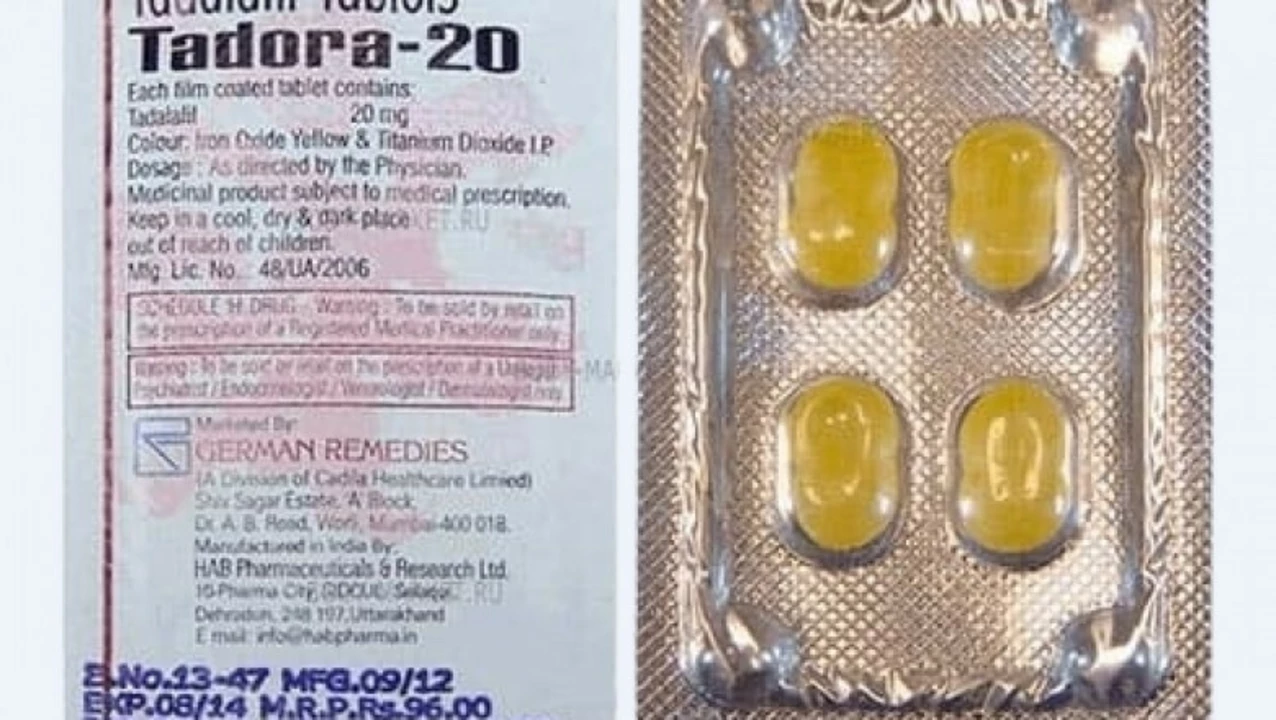Side Effects: How to Spot, Manage, and Report Medication Reactions
Side effects happen. Some are minor annoyances like a headache or nausea, others need quick medical attention. This page gives clear, practical steps so you can tell the difference, manage common reactions, and know when to call your clinician or go to the ER.
First, know what to expect. Every medicine has a list of possible side effects—antibiotics like azithromycin (Zithromax) can cause stomach upset or rare heart rhythm changes; antivirals such as aciclovir may cause nausea or headaches; antipsychotics like amisulpride (Solian) can cause drowsiness, weight gain, or movement issues. Even common drugs like acetaminophen may affect mood or decision-making in some people. Read the leaflet, but use this page for practical sense, not to replace professional advice.
Quick signs you should act now
Some reactions are emergencies. Seek immediate help if you notice: trouble breathing, swelling of the face or throat, hives, fainting, chest pain, severe rash with blisters, or sudden severe dizziness. These can be signs of anaphylaxis, severe allergic reaction, or other life-threatening problems.
Less urgent but still serious: new confusion, fainting spells, persistent high fever, rapid heartbeat, yellowing skin or eyes (possible liver issue), or sudden muscle weakness. Call your doctor if you get these after starting a drug.
Practical steps to manage common side effects
If you get mild nausea, try taking the medicine with food (only if allowed), sip water, or split doses if your prescriber agrees. For headaches, rest, hydration, and a simple analgesic can help. Feeling sleepy? Avoid driving or heavy machinery until you know how the drug affects you. For stomach upset, small bland meals and ginger or peppermint may offer relief.
Watch for interactions. Combining drugs, supplements, or alcohol can raise risks. For example, mixing certain antibiotics or antidepressants with other meds can affect your heart rhythm or raise serotonin levels. Keep a running list of everything you take and show it to your pharmacist or doctor.
When buying meds online, be careful. Fake or improperly stored products can cause unusual reactions. Use verified pharmacies, check for clear contact info, and avoid unbelievably low prices. If a pill looks different from what you expect or has no leaflet, stop taking it and consult a professional.
Reporting side effects matters. Tell your prescriber and the pharmacy. In many countries you can report adverse reactions to a government safety agency—this helps catch rare problems early. Keep notes: when the symptom started, how long it lasted, other meds or foods you had, and whether you stopped the medicine.
If you’re unsure, call. A quick phone call to your doctor, nurse line, or pharmacist can prevent a small problem from becoming a big one. Trust your instincts—if something feels wrong, get medical advice.
Want more details on a specific drug? Check our posts on Zithromax, Aciclovir, Solian, Trileptal, and others for drug-specific side effects and tips on safe use.
Next-Generation GLP-1 Agents: Safety Profiles and Side Effects Explained
Next-generation GLP-1 agents like retatrutide and orforglipron offer powerful weight loss but come with persistent GI side effects and emerging long-term safety concerns. Learn what’s known - and what’s still unknown.
The Difference Between Medication Side Effects and Adverse Drug Reactions Explained
Learn the clear difference between medication side effects and adverse drug reactions - why mixing them up can lead to dangerous decisions, and how to know when a symptom is truly caused by your drug.
Sitostanol (Plant Stanol) Guide: Benefits, Dosage, Side Effects, and Cholesterol Evidence
Clear, evidence-based guide to sitostanol: how it lowers LDL, ideal dosage, safety, interactions, label tips, and who should consider it-written for everyday readers.
Phenergan: Uses, Benefits, Side Effects & Practical Advice
Phenergan, known generically as promethazine, is a common antihistamine in Melbourne and beyond, used for allergies, nausea, sleep, and more. This article explores what Phenergan does, when and how it's used, who should avoid it, and practical safety tips. You’ll find data, honest facts, and hands-on advice for making smart decisions about this medication. Get clear answers to all the common questions and learn what to watch out for before you reach for a box. Real talk, no fluff—just the info you need.
Carbamazepine for Children: Safety, Dosage, and Side Effects
As a parent, I know how important it is to keep our children safe, especially when it comes to medications. Recently, I've been researching Carbamazepine, a drug used to treat epilepsy and other conditions in children. From what I've gathered, it's crucial to follow the prescribed dosage to ensure safety, as too much or too little can be harmful. Like all medications, there are potential side effects, such as dizziness, nausea, and in rare cases, more severe reactions. Always consult with a healthcare professional before starting any new medication for your child.
© 2026. All rights reserved.





